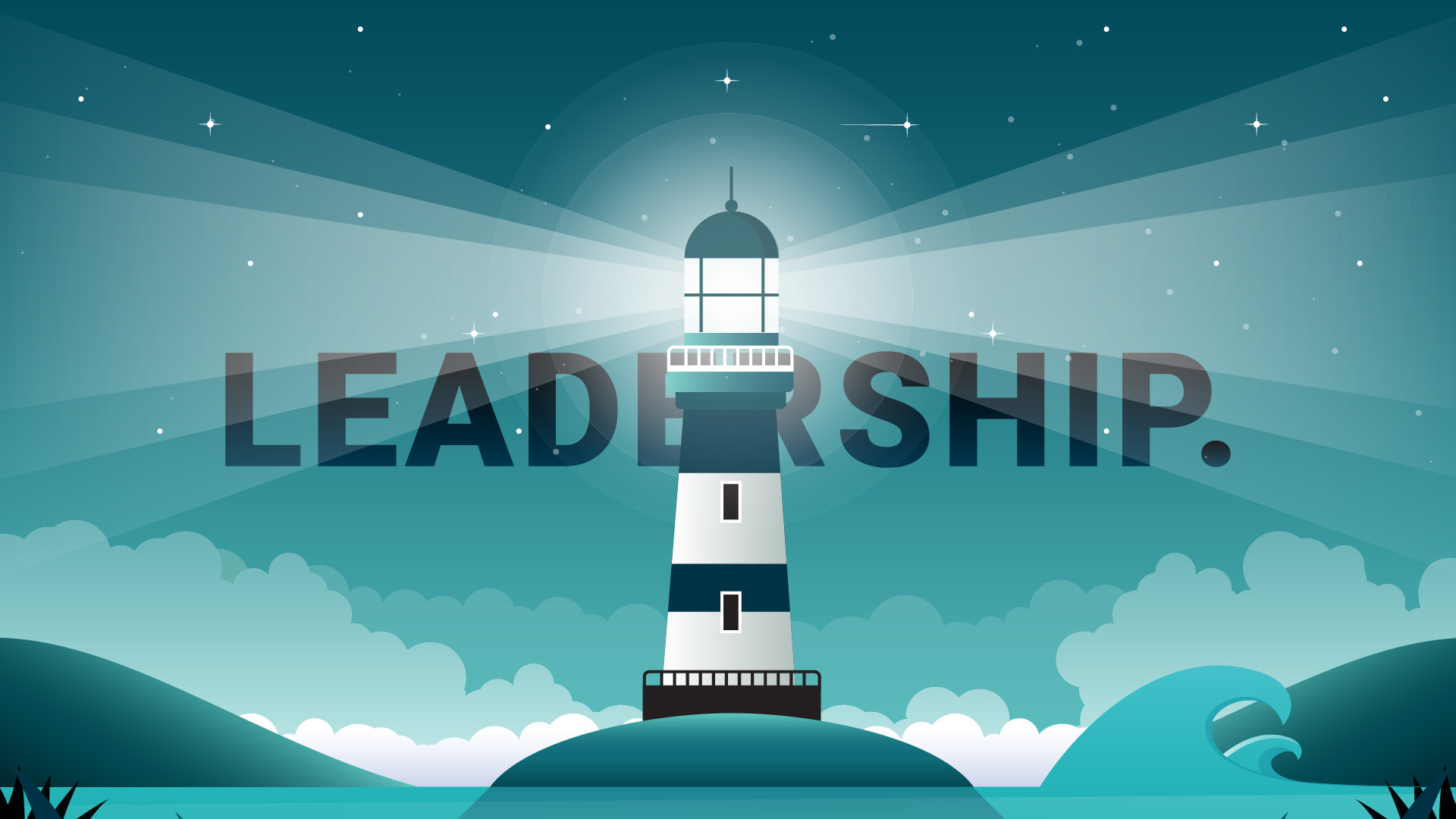I have an ego. You do, too. We all have one. Ego is, simply put, the way we view ourselves—especially our own importance, ability, and worth. Ego is the source of our self-esteem and, at times, can provide a much-needed boost of confidence. Other times, the ego can be the source of friction, conflict, and unnecessary drama.
Managing the ego can be a real challenge—especially in a professional context. In fact, I feel like I’ve spent the majority of my career trying to keep it in check. My ego has perhaps become less prominent over time, but it’s still there, causing me to prioritize my own needs in situations where it’s not warranted. Flares of ego are a constant reminder that I have more work to do, both as a professional and as a human.
What’s my beef with the ego? It is in direct conflict with a lot of things I hold to be true:
- I believe you should conduct yourself with humility at all times. I strive to follow the principles of servant leadership, and failure to hold the ego in check is in direct conflict with that philosophy.
- Self-reflection and self-improvement are critical to professional and leadership development. Feedback feeds growth, while ego puts up boundaries and is resistant to critical feedback .
- The goals of the company are more important than the goals of any individual, and unchecked ego can lead to selfishness.
- The ego diminishes the importance of—and potential for—collaboration and teamwork. Ego tends to say “I” rather than “we.” And let’s face it, it’s no fun working with an ego-driven person.
I still have lots of work to do, but I’m placing a deliberate focus on managing my ego, which has allowed me to builder stronger connections, take greater pride in the work my team or my colleagues create and be much more open to feedback. I’ve accepted that I can always improve and deliver better work, so I actually look forward to receiving input and challenging myself to do more.
There has been a lot written on the ego. This excerpt from The Dangers of Ego in Leadership stood out to me:
“A leader with an ego believes that their mission is to win and succeed over others. But they need to realize the only meaningful mission in life is to pursue a purpose larger than themselves. The choice is to live by a calling rather than by what can be acquired. This takes another choice: to be selfless over selfish. A record of accomplishments is what leaders are admired for, not who they think they are. History bears this out repeatedly.”
To control the ego, you must first consider it (just a tiny bit). Part of defining your own leadership is thinking about your legacy or the impact you will leave. This very much plays into the trappings of the ego. However, there are ways to define your legacy while also facing your ego head-on. For example:
- Endeavor to be remembered as a humble leader who consistently invested in their team and looked out for their best interests.
- Build your legacy as a leader who was eager to help their team receive credit, rather than taking credit for themselves.
- Serve as a mentor and supporter to those around you. (I wouldn’t be a CMO if it weren’t for others investing in me.)
- Approach challenges and colleagues with a focus on a positive outcome.
Ego or not, each of us is responsible for developing our own leadership style that contributes to the culture and success of our business . We have the opportunity to build incredible, positive, creative environments where every individual has an important role to play and a voice that will be heard. This is the future of great marketing: harnessing the power of human creativity to drive data-driven technologies within a company. Our egos will only interfere with this vision.
I challenge you to think more deeply about this. And to let go of the ego.


Recent Comments